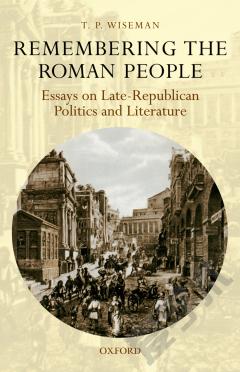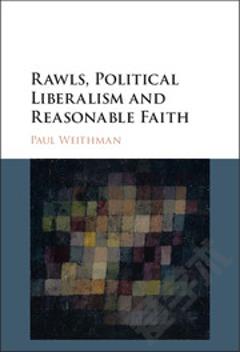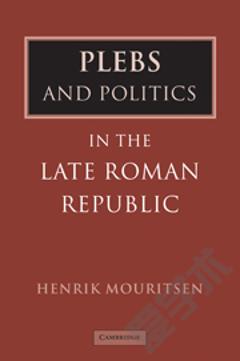Republicanism, Rhetoric, and Roman Political Thought: Sallust, Livy, and Tacitus
Republicanism, Rhetoric, and Roman Political Thought develops readings of Rome's three most important Latin historians - Sallust, Livy and Tacitus - in light of contemporary discussions of republicanism and rhetoric. Drawing on recent scholarship as well as other classical writers and later political thinkers, this book develops interpretations of the three historians' writings centering on their treatments of liberty, rhetoric, and social and political conflict. Sallust is interpreted as an antagonistic republican, for whom elite conflict serves as an outlet and channel for the antagonisms of political life. Livy is interpreted as a consensualist republican, for whom character and its observation helps to maintain the body politic. Tacitus is interpreted as being centrally concerned with the development of prudence and as a subtle critic of imperial rule.
{{comment.content}}








 京公网安备 11010802027623号
京公网安备 11010802027623号